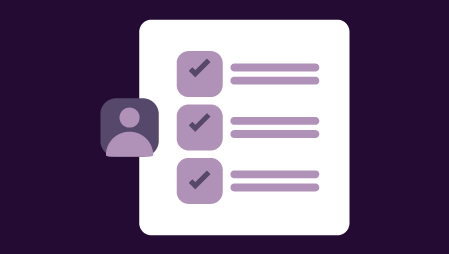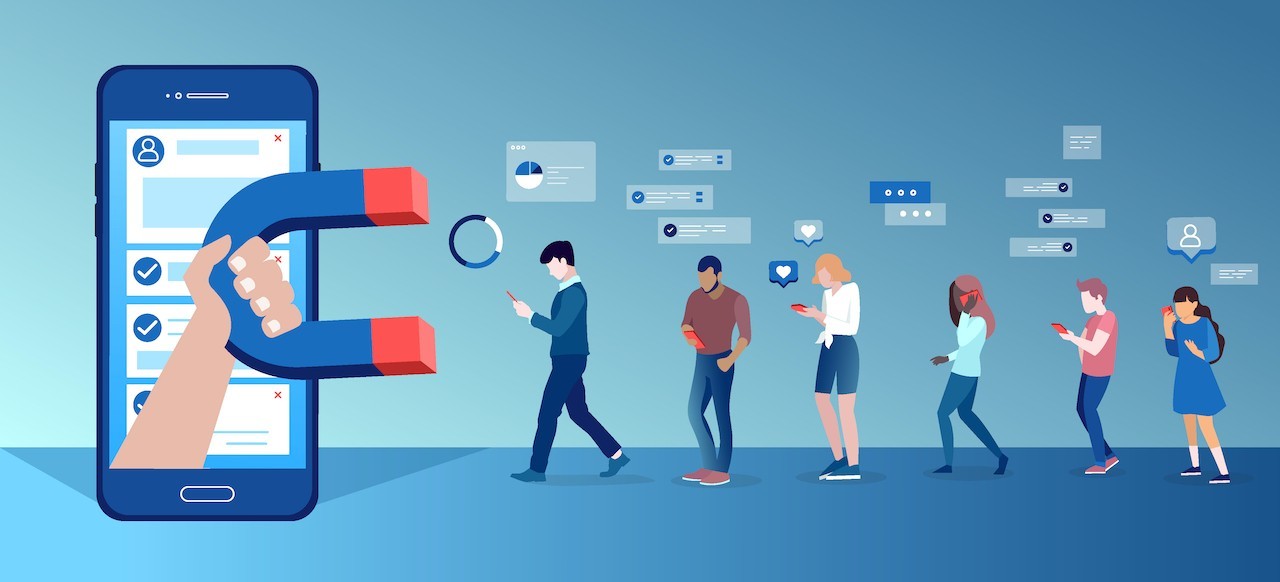Ready to learn Marketing & Customer Analytics Training? Browse courses like Increase Cross Selling and Upselling of Products and Services developed by industry thought leaders and Experfy in Harvard Innovation Lab.
Some of you may have heard about Facebook and Cambridge Analytica in the news this week and wondered why Mark Zuckerberg is in the hot seat and why Washington wants to talk to him so badly. In a nutshell, the UK political consulting firm, Cambridge Analytica made a deal with Facebook to pay Facebook users to take a short survey which seems harmless enough. The problem lies with the fact that for a variety of reasons you can read more about here, the data of over 50 million Facebook users who happened to be “friends” of the Facebook users that took the survey, was accessed without their knowledge. The story is still unfolding but the latest news would have us believe the real purpose of gathering all of this data was for political purposes and ultimately to make a bunch of money. Facebook did not notify anyone of the breach that occurred almost three years ago.
As the founder of a technology company that provides a storage tool for patients and caregivers to keep track of health data, social notes and even images, I am acutely aware of the importance of protecting the data of our customers. Because my product involves personal health data, the guidelines are a bit more stringent than for a purely social network like Facebook. I get a feeling this is all about to change. I think this whole debacle provides a good learning opportunity for both the creators of technology and the people who use it.
Why is my data so valuable? You may wonder why all the focus on personal data. What do companies want it for anyway. Basically, the answer is, to make more money.
Companies will pay millions of dollars for data that tells them things about you that make it easier for them to sell their product to you.
This can be information about your age, where you live, your education, where you work, your marital status or a number of other things that might seem trivial when singular but are like gold in large numbers. There are also some really important things that can be learned from data like how effective a medication is, if a particular therapy is useful or if people living in a particular region have a higher or lower incidence of a disease. You are probably unaware of all the ways your personal data is being collected. Your cell phone company is collecting your data, a plethora of “free” apps are collecting your data, that’s how they are able to offer it at no charge but it is costing you something, you’re paying with your personal information. The bottom line is, you should be deciding if this is something you are willing to share or not.
What Should I do? Because of the current lack of protection for consumers regarding their non-health related data, consumers need to be vigilant about reading the privacy policies and terms of service agreements before using an app or website where they are sharing information about themselves. You know, the long document you typically scroll past to get to the “I agree” button you must click so you can use the application. The company’s policies on how they handle your personal data are listed in that legal document. Whether or not they sell your data to a third party, how they store your data, if it is “encrypted” meaning, the letters and words are scrambled and jumbled up so it is unreadable while it is being stored or not and how they handle things if a breach of the data occurs. With healthcare data, HIPAA has very clear guidelines on how companies must do all of the things I mention above. For example, if there is a data breach, not only must I inform any and all users affected by the breach, depending on the size of the breach, I must publicly announce the breach and the steps that are taken to correct the problem that enabled the breach to occur.
I imagine we are on the road to similar policies being put in place for non-healthcare data, in light of the current Facebook situation, and that's a good thing.
Consumers also need to take note and pay attention when they get an email or pop up from an app or website stating their policy has changed because they may have added new features and have defaults in place that create a situation where you are sharing more information than you want without even knowing it. This has happened to me many times with Facebook and other social applications. They add a new feature or version and the privacy settings I had in place are no longer in place and I have to go and reset them. It’s your responsibility to decide how much or how little you want to share.
What should tech companies do? Be more transparent and less greedy. When I created alska, I almost immediately had industry experts get very excited about the data and tell me the greatest value would likely be in the data held within the platform. Not being from the tech world, but rather the healthcare industry, my response was that I created a tool to empower individuals to better manage their own healthcare and have more control of their information, not a big data collector. Currently, alska shares no data with any third party and handles the data that customers enter into their care portal in the same fashion as is required by healthcare entities because, honestly, that is the standard I want for my own data and I actually use my own product to store my own health information as well as my family’s. I also fully realize that creating and maintaining technology is expensive and that data that is “de-identified” or detached from the name of the actual person whose blood pressure, weight or medication belongs to, can be extremely useful to analyze and create ways to better manage health. In the future, it is possible we make a decision to share data in that manner. If we do, I am committed to make it very clear to anyone who currently trusts us with their information or is planning to use alska for the first time, exactly how we handle their personal information and to make it known in a simpler way than an 8 page legal document they need to hire an attorney to understand. I want customers to always know exactly what they are getting because I know how valuable their money is and do not take their trust lightly. Recently. I was honored to be asked by customer service expert Jeanne Bliss to share my perspective and experience on healthcare customer service for her new book “Would You do That to Your Mother”? I believe that litmus is a useful question for leaders in technology right now. Would you dupe your mother into unknowingly allowing access to her personal information or make it so difficult to understand what is being done with that information that it made her vulnerable? Would you trick your mom to make a buck? It may sound simplistic but ultimately, it’s what it comes down to.



